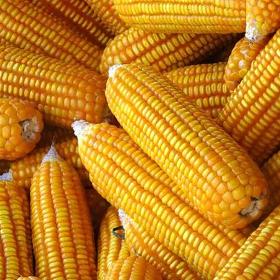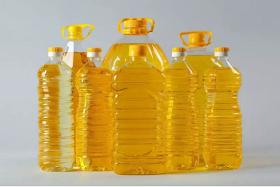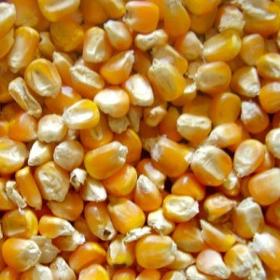- europages
- >
- COMPANIES - SUPPLIERS - SERVICE PROVIDERS
- >
- corn maize
Results for
Corn maize - Import export

AJ AGRO APS
Denmark
Corn (Maize) is a food crop that is domesticated in Central America and then spread throughout the Americas. Corn (Maize) spread to the rest of the world after European contact with the Americas in the late 15th and early 16th centuries. Corn plants (Maize plants) were introduced to Vietnam from China. Corn (Maize) is the second largest agricultural crop in Vietnam after rice. Corn kernels are types of grain with pods uniting with seed coat, a common fruit type in the Poaceae family. It is almost like a structural fruit, except that the individual fruits (corn kernels) never merge into a single mass. The kernels are about the size of peas, and stick in relatively even rows around a white core to produce corn. Each corn is about 10 – 25 cm long (4 – 10 inches), containing about 200 – 400 seeds. The seeds are colored as light black, gray blue, red, white and yellow.
Request for a quote
KIEV SHIPPING LTD
Ukraine
Corn gmo (from Brazil) Non-gmo corn (from Ukraine)
Request for a quote
DE SMET ENGINEERS & CONTRACTORS
Belgium
De Smet Engineers & Contractors can propose comprehensive units for the processing of starch based feedstocks like Barley, Cassava roots, Corn/maize, Potato, Rice, Sorghum grain, Sweet potato, Wheat, Rye, and Jerusalem artichoke A variety of starches can be used for ethanol production by fermentation; selection of an appropriate substrate depends on a number of factors, not the least of which is the geographical climate of the intended production site.
Request for a quote
DE SMET ENGINEERS & CONTRACTORS
Belgium
DSEC's commitment on the construction of Bioethanol plants is based on a very specialized technical knowledge of the Ethanol production processes; in this article you will find a more detailed understanding about the Upstream process. In Europe and the US, the existing traditional 1" generation bioethanol plants typically process cereals (maize/corn, wheat, rye, ...) and other starch or sugar containing raw materials (e.g. sugar beet). The raw material initially undergoes crushing (milling for cereals) to reduce the particle size distribution to such a degree that the enzymes enter in contact with the starch molecules in the subsequent steps. During liquefaction with alpha-amylase, starch is dismantled into low molecular sugar units, the so-called dextrines. In the next process step, saccharification, these dextrines are further dismantled into fermentable sugars by means of gluco-amylase. In the fermentation process, these fermentable sugars are partly aerobically transformed, but mainly anaerobically by Saccharomyces cerevisiae (yeast) into biomass and ethanol; sugar containing raw material as e.g. sugar cane can be directly fed into fermentation after crushing. Upstream process groups: - Storage - Cleaning - Milling / Crushing - Mashing - Liquefaction - Saccharification - Fermentation (batch or continuous)
Request for a quote
HORUS OIL WHOLESALERS
Turkey
Refined Corn Oil (Maize Oil) is oil extracted from the Germ of Corn (Maize). Its main use is in cooking, where its high smoke point makes Refined Corn Oil a valuable frying oil. It is also a key ingredient in some margarine. Refined Corn Oil generally less expensive than most other types of vegetable oils. One bushel of corn contains 1.55 pounds of corn oil (2.8% by weight). The issue to use corn oil as well as other vegetable oils for cooking is not just the Oxidized Cholesterol they create (which significantly increase risk for coronary heart disease), but also their very high amount of Omega–6 Fats, which it throws Omega–6 and Omega–3 ratio in the body out of balance. It is reported to have an Omega–6 to Omega–3 ratio of 49:1, a very far cry from the ideal 1:1 ratio. Standard Specification of Refined Bleached Deodorized Corn (Maize) Oil:
Request for a quoteDo you sell or make similar products?
Sign up to europages and have your products listed
Results for
Corn maize - Import exportNumber of results
6 ProductsCountries
Company type
